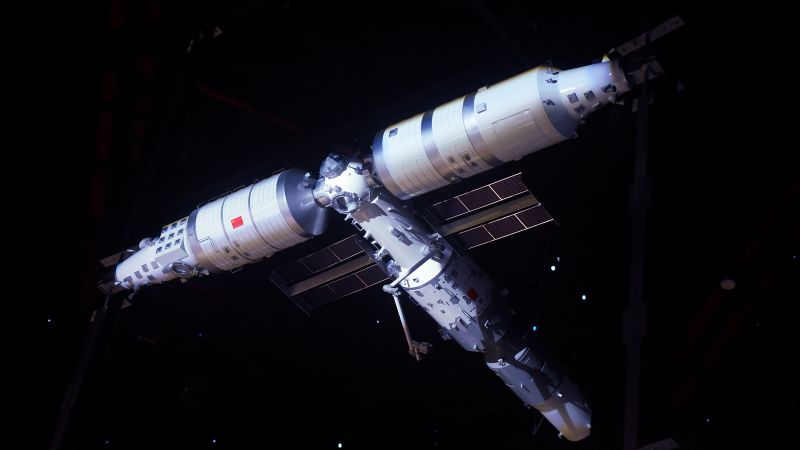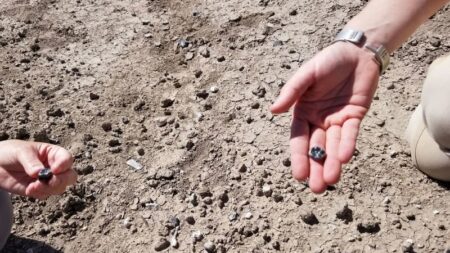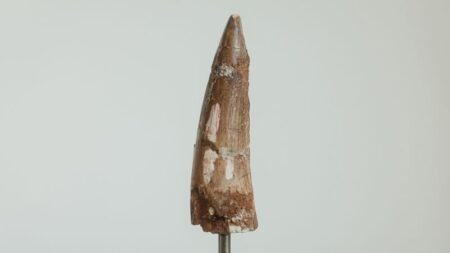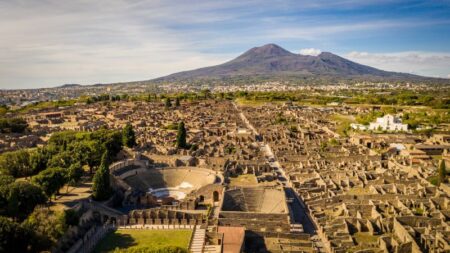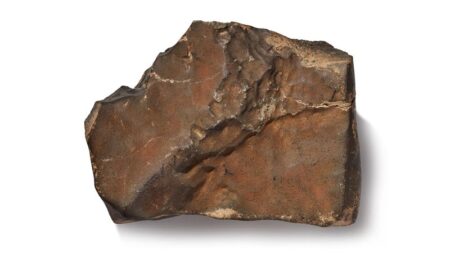In a significant development in global space exploration, a Pakistani astronaut is set to become the first foreign national to visit China’s Tiangong space station. This initiative aligns with China’s escalating space diplomacy, particularly as it seeks to establish itself as a leading contender for domination in the realm of outer space, especially in the context of its ongoing rivalry with the United States. The mission is pivotal not just for space exploration but also for reinforcing the already robust ties between Pakistan and China.
The specific Pakistani astronaut who will embark on this journey has not yet been selected, but the mission strengthens the collaboration between Islamabad and Beijing, which has been consistently growing. Notably, last year, Pakistan launched a satellite to the Moon onboard China’s lunar explorer, demonstrating the collaborative spirit between these neighboring nations. The involvement of Pakistan alongside payloads from the European Space Agency, France, and Italy highlights a multi-national effort in space exploration that is becoming increasingly significant.
Tiangong, China’s space station, launched in 2021, is currently one of only two operational space stations, with the other being the International Space Station (ISS), which has been operational since 1998. Up until this announcement, Tiangong had only been home to Chinese astronauts, making this forthcoming mission a landmark event in the internationalization of the station. Astrophysicist Quentin Parker from the University of Hong Kong remarked on the importance of this milestone, emphasizing that proper international cooperation can lead to advancements that are greater than the sum of their parts.
On a recent press briefing, representatives from the China Manned Space Agency disclosed that the astronaut from Pakistan will serve as a payload specialist, responsible for conducting daily operations and scientific experiments for their home country during the mission. This role is highly influential, as it will not only allow Pakistan to contribute to the scientific endeavors aboard Tiangong but will also elevate the country’s status in the global space community.
Amjad Ali, the deputy director of the Pakistan Space and Upper Atmosphere Research Commission (SUPARCO), highlighted this mission as a monumental achievement for Pakistan, particularly as the government rekindles its focus on its space program, which has a rich history spanning over six decades. Ali expressed pride that Pakistan is the first foreign country to have its astronauts participating in Chinese missions, underlining the significance of the event for national pride and international representation.
As preparations unfold, Pakistan’s space officials plan to compile a shortlist of candidates for this mission, narrowing it down to a final two, who will undergo training in China for a period ranging from six months to a year. The anticipation is that one astronaut will launch into space by October next year, while the other will serve in a supportive capacity.
This growing cooperation extends beyond the boundaries of space exploration and intersects with increasing economic ties between the two nations. As part of the China-Pakistan Economic Corridor (CPEC), which is an essential segment of the broader Belt and Road Initiative, China has made substantial investments in Pakistan’s infrastructure. This includes the development of critical projects such as a deep-water port in Gwadar and various technological collaborations, further solidifying their strategic partnership.
An important backdrop to this mission was an agreement formalized earlier this year on space cooperation, which laid the groundwork for the current developments. The alignment of priorities between the two countries can be seen through actions such as a recent meeting between Pakistan’s Prime Minister Shehbaz Sharif and a delegation from China’s Galaxy Space, which expressed a strong interest in investing in Pakistan’s burgeoning space technology sector.
During this transformative era, the focus on enhancing cooperation in fields such as space technology and satellite communications reflects a long-standing friendship between the two nations. Amer Gilani, who oversees human spaceflight cooperation at SUPARCO, mentioned that the planned experiments will carry significant scientific, industrial, and social implications.
China’s rapid advancements in space capabilities highlight its ambition, as it undertakes numerous lunar and deep-space missions, complemented by ongoing expansions of the Tiangong space station. The forthcoming manned mission, launching soon from the Jiuquan Satellite Launch Center, marks the continuous commitment to establishing Chinese leadership in space operations.
As the world of space exploration evolves, it is crucial that collaborations remain strong amidst the complexity of international relations. Scholars like Parker stress the importance of maintaining a spirit of outreach and cooperation, ensuring that despite challenges, the global community can unite to explore the final frontier together.






